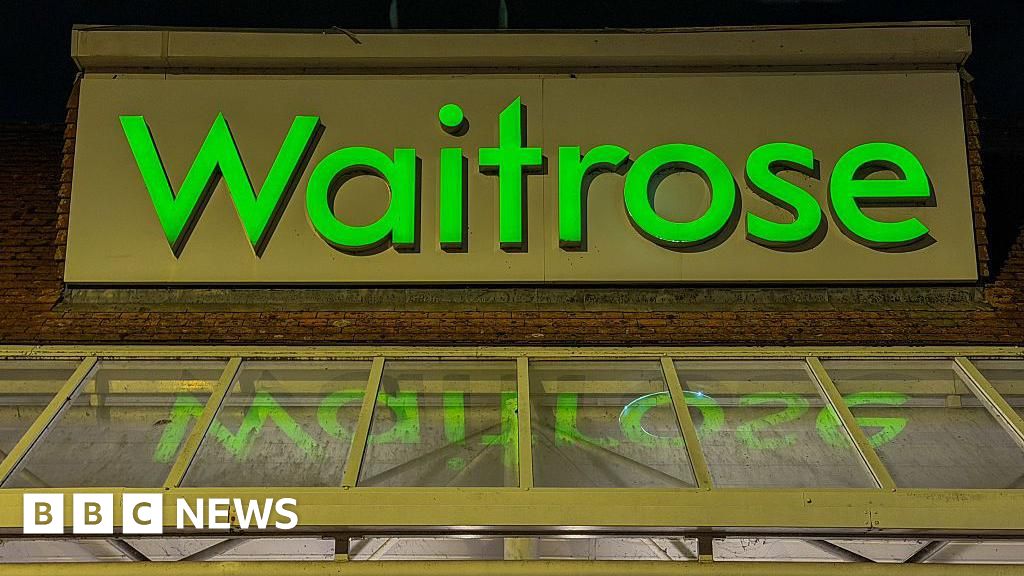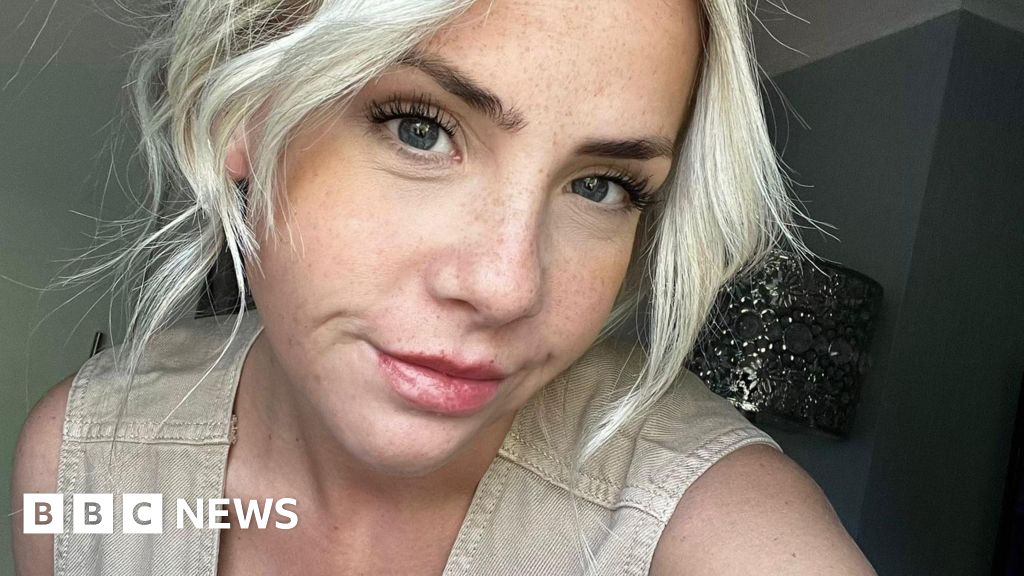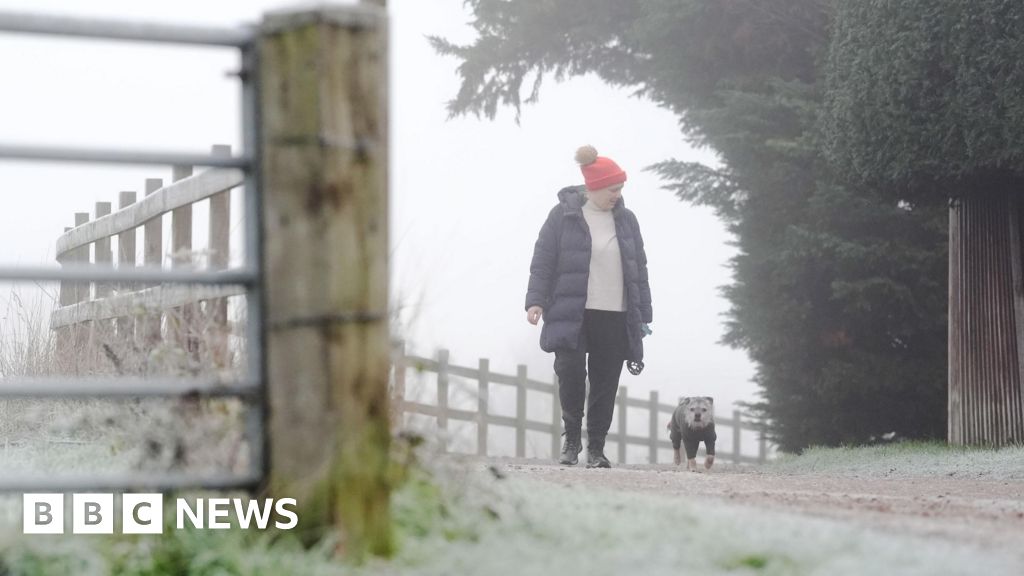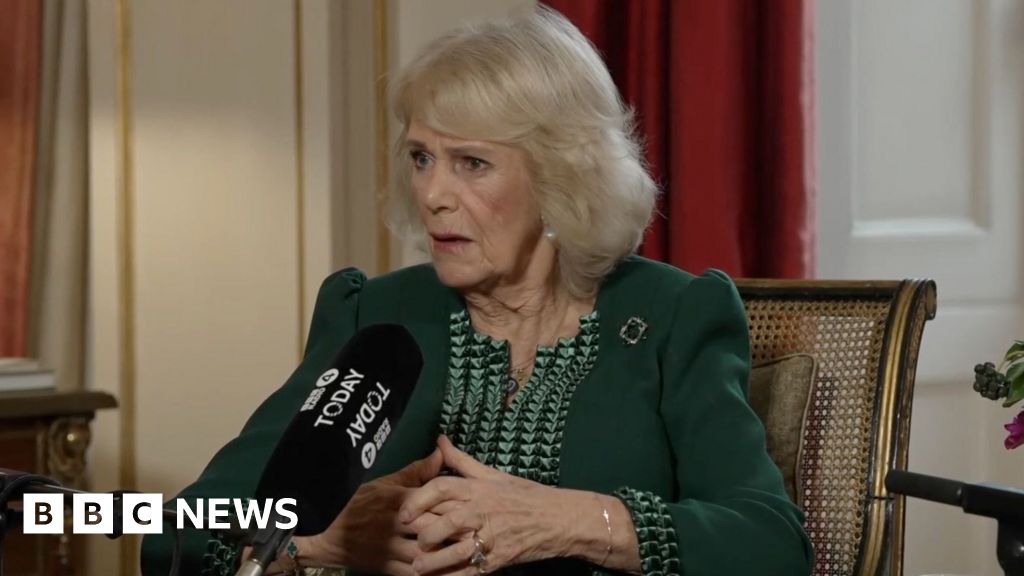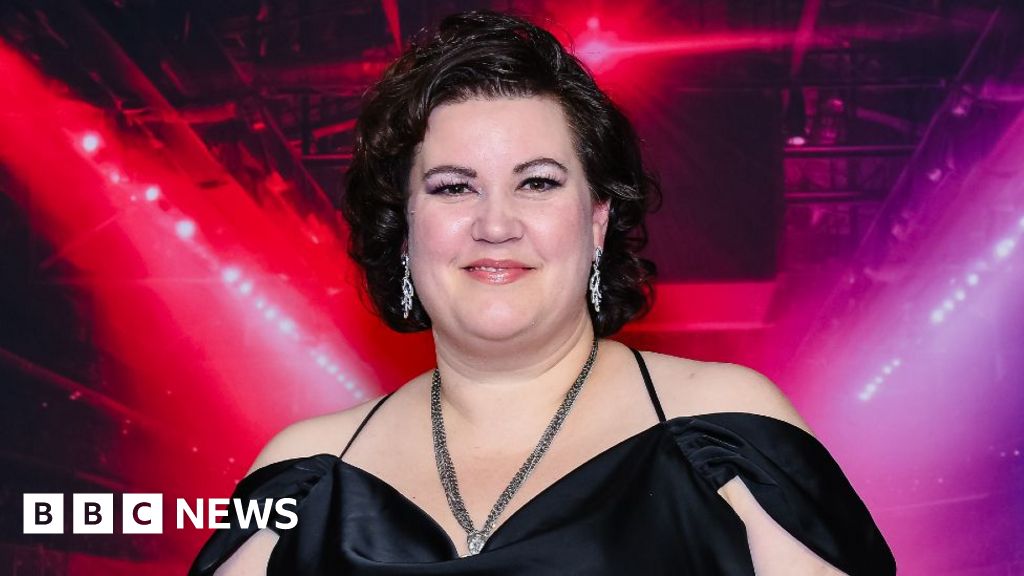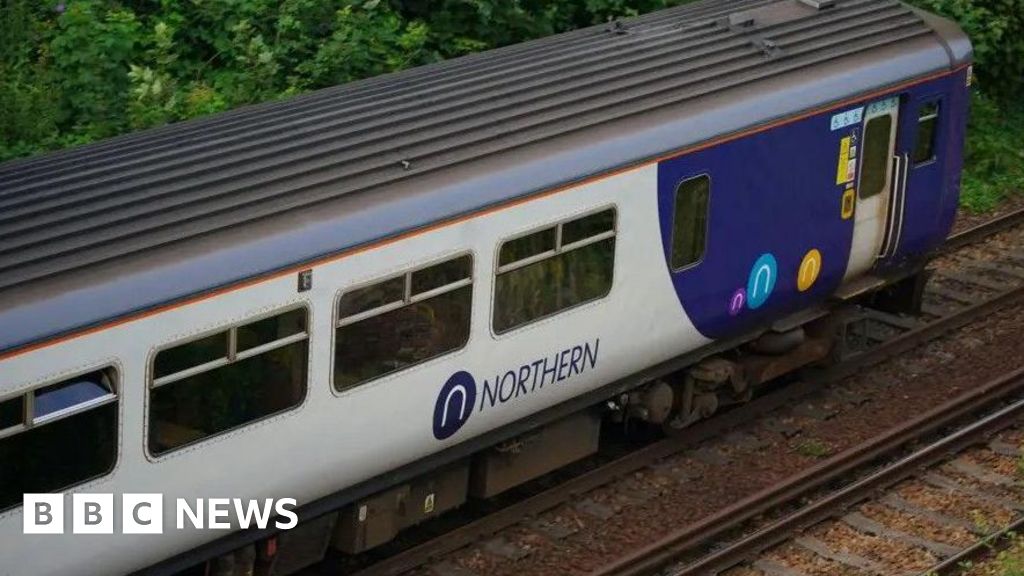Elizabeth El-Nakla, the first minister’s mother-in-law, has shared her distress about being trapped in Gaza for four weeks during the war between Israel and Hamas. Elizabeth and her husband Maged were visiting relatives when Hamas attacked Israel, and the couple struggled under the circumstances. “You really do think every day or every night you will die, and the family that are under your roof as well. And that’s hard to comprehend and hard to get over,” Elizabeth said in an interview with Sky News. Nadia, the couple’s daughter, is a councillor in Dundee, and is married to Humza Yousaf.
Despite initial failed attempts, Elizabeth and Maged finally fled Gaza via Egypt’s Rafah Border Crossing on November 3. Speaking of the moment when she finally knew she was safe, Elizabeth confessed to feeling “exhausted, but relieved”. She also spoke of her emotional “heartbreak” at leaving Gaza, saying that she had “left her heart” there. Nadia revealed that she worried she would never see her parents alive again. When the conflict began, Nadia urged her parents to leave as soon as possible, as the situation was going to become unsafe.
On their first attempt to flee to safety on October 14, the couple were instructed to turn around at the border. This was Nadia’s lowest point, and she spent the whole journey crying to Aberdeen for the SNP conference. Elizabeth described seeing the “desperation” on the faces of those trying to flee and has said that she does not think she will ever fully recover from the ordeal until “our family and people that we know and love and everyone in Gaza are safe”. The family is calling for a full ceasefire and a two-state solution.
This situation shows the difficulties of civilians caught up in conflicts between states and organisations such as Hamas. Personal accounts like this can demonstrate the terrible effects of these conflicts. However, it should also be recognised that these conflicts are ongoing, often intractable issues which are hotly contested, and that there are multiple perspectives to be considered when seeking solutions
Read the full article from The BBC here: Read More


